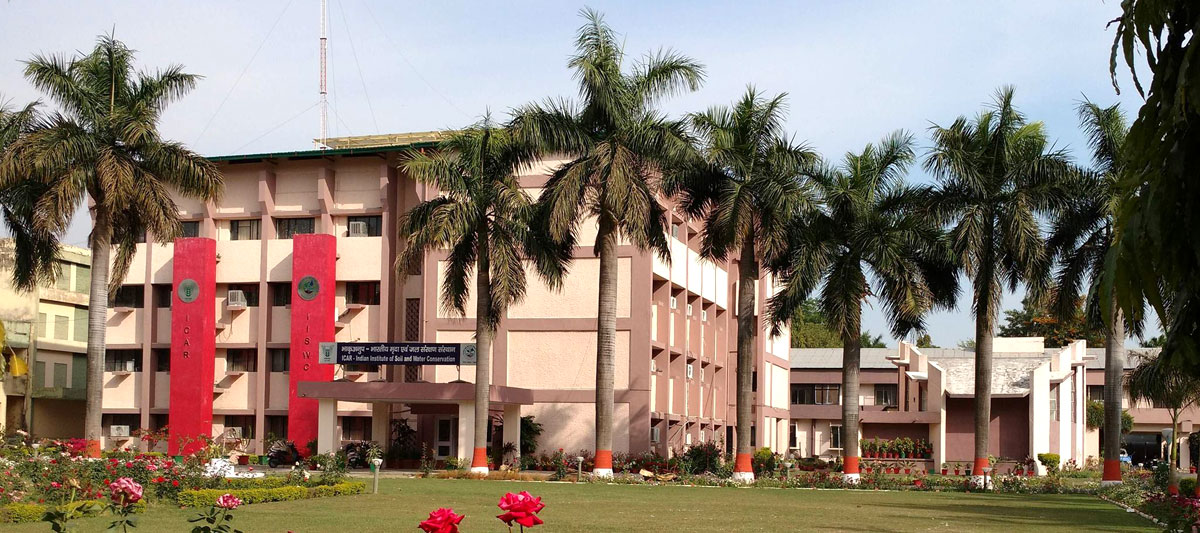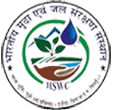The ICAR-Indian Institute of Soil and Water Conservation (ICAR-IISWC), (Formerly CSWCRTI) was established on 1st April,1974 with Headquarters at Dehradun by combining Soil and Water Conservation Research, Demonstration and Training Centres which were established in 1950’s at Dehradun, Kota, Bellary, Udhagamandalam, Vasad, Agra and Chandigarh. These centres were initially established by the Govt. of India and transferred to the Indian Council of Agricultural Research (ICAR) on 1st October, 1967. Subsequently two new Research Centres were added to the CSWCRTI, one at Datia in M.P. (18th September, 1986) to tackle soil and water conservation problems of Bundelkhand region and another at Koraput in Orissa (31st January, 1992) to address the problems of shifting cultivation areas.

The Institute and Research Centres have focused on evolving strategies for controlling land degradation following watershed approach, tackling special problems such as ravines, landslides, mine spoils and torrents, demonstration of technologies for popularization and imparting training besides developing technologies for water harvesting and recycling. In 1956, experimental watersheds were set up for generating watershed-based protection and production technologies. From 1974 onward, the Institute pioneered in operationalizing the watershed concept through four Operational Research Projects at Sukhomajri (Haryana), Nada (Chandigarh), Fakot (Tehri-Garhwal in Uttarakhand), and G.R. Halli (Chitradurga, Karnataka).
After realizing tremendous tangible and intangible benefits from these watersheds, the ICAR developed 47 model watersheds in sixteen states in collaboration with State Agricultural Universities and State Departments. Encouraged with the success of the model watersheds, the Ministry of Agriculture conceived of a massive National Watershed Development Programme for Rainfed Areas (NWDPRA) for conservation and sustainable development in 29 states during 1991. Subsequently, the focus of watershed development programmes shifted towards community participation besides biophysical aspects to achieve sustainability in production systems. Success of the watershed management programmes also attracted many international agencies like World Bank, ICIMOD, EEC, DANIDA, KfW Germany, SIDA and Swiss Development Corporation for collaboration and funding support. The research and training experience of the Institutes and its Research Centres is being utilized by the Ministries of Agriculture, Rural Development, Environment & Forests, and various Central and State departments in their developmental programmes.



